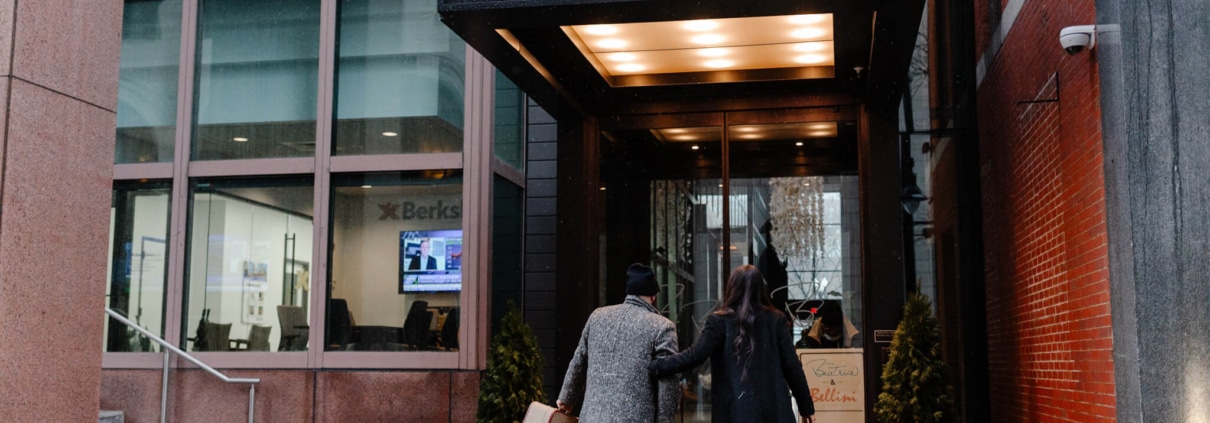Preparing Hotels for the Off-Season
Most businesses experience seasonal fluctuations. However, some companies and industries experience these changes more drastically than others.
The hotel industry, for instance, is heavily affected by the seasons. Properties may experience more bookings during the holiday season across the board, but hotels located near ski resorts may experience heavy demand during the winter months, while beachside locations would consider this a slower season.
No matter when your property may experience a slow season, these tips can help you prepare and overcome a drop in reservations.
1. Adjust Your Marketing Strategy
The way you market your property during peak season shouldn’t be the same during slower periods. After understanding how demand changes (both on a weekly and seasonal basis) you can really begin personalizing the property’s marketing strategy to target different types of guests.
For instance, if you notice fewer bookings during the week, you may want to devote more advertising to business travelers. And when it comes to seasonal demand, it’s important to advertise what makes your property and location stand out even during the off-season. You can also appeal to guests who have previously booked a stay by enticing them with other off-season activities and deals you already know they may enjoy.
2. Simplify Same Day Bookings
In a perfect world, your property would be booked-out in advance year-round. However, you likely know when your hotel will be booked out and the times when it won’t be. With this understanding, you can better prepare your property and system for a seamless same-day booking process.
Allowing for last-minute deals and easy same-day bookings during the off-season can help bring in new business and increase bookings when you need them the most.
3. Leverage Local Events
Outside of the holiday season, there are likely a few large attractions (i.e. ski resorts or water parks) or events (i.e. fairs or concerts) that draw guests to your property. However, it’s also important to leverage local events that may be smaller to keep guests coming back even when these large attractions are over.
Keep a list of events that would attract your target markets, such as any parades, festivals, seasonal markets, or even restaurant weeks, and market them. You can even offer special deals for guests attending these events or market them alongside your offerings to show travelers that there’s still plenty to do in your area during the off-season.
4. Rely More on Recommendations
During the off-season, word of mouth and reviews are more important than ever for driving bookings. It’s essential to be proactive about responding to online reviews and encouraging guests to give recommendations throughout the year.
It can be easy to become too comfortable with the influx of bookings during a busy season, but ensuring reviews and recommendations are still coming in through the off-season shows travelers that your property is a great destination to visit year-round.
Contact Main Street Hospitality Today
Want to learn more about the hotel industry? Contact the team at Main Street Hospitality Group. We have a variety of hiring and partnership opportunities around hotel development that can help advance your career in the industry.




